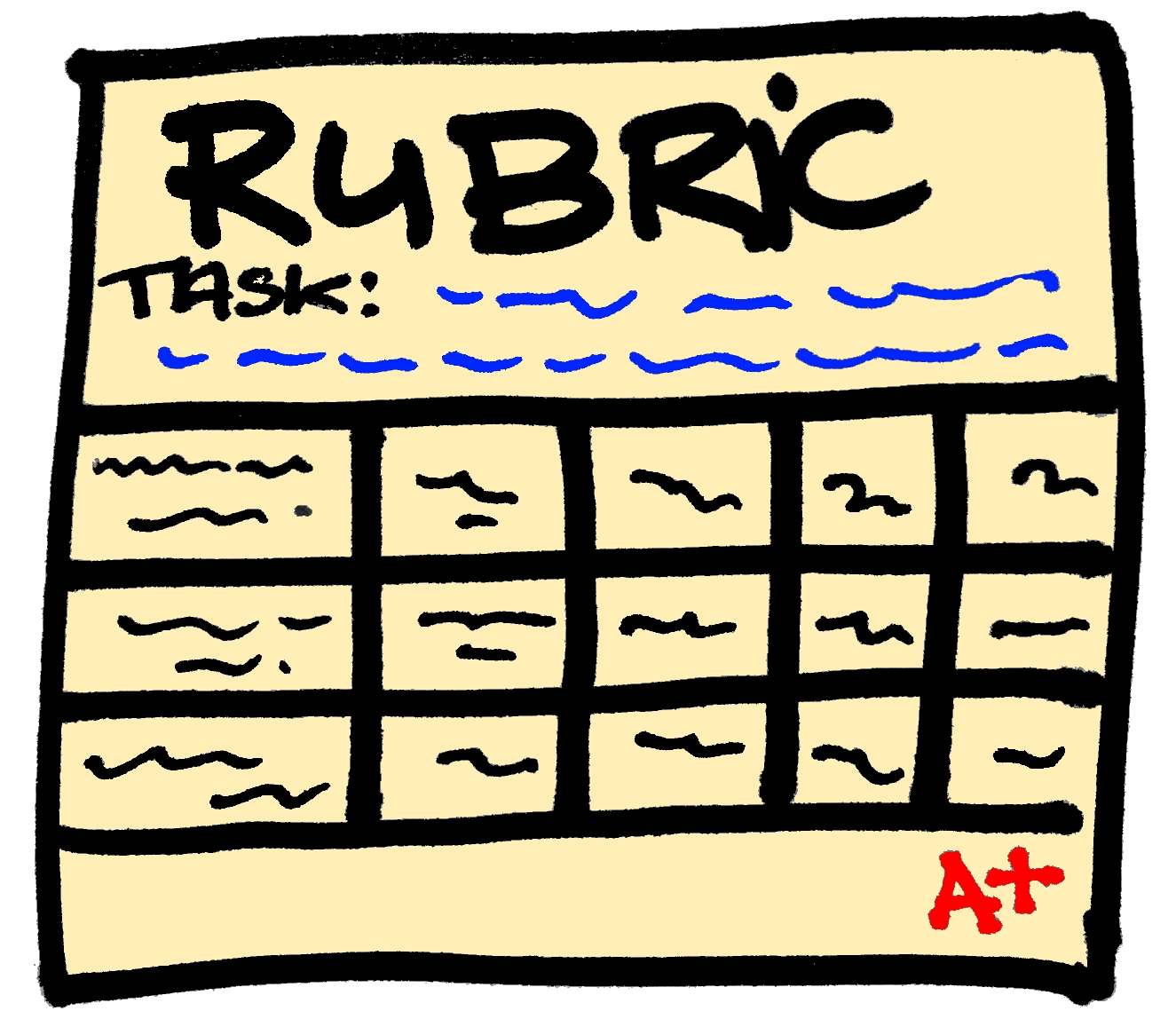PLANNING FOR EFFECTIVE USE OF ENGLISH IN THE CLASSROOM
Brief description about the class
First of all, we have been talking about the course of the subject. We have talked about the activities that we have done, how these activities can help us in the future, and how through them we can improve and learn more English.

Then, the professor has started the
Unit 6: Assessment and evaluation: PEL and EPOSTL. We have been seeing the different types of evaluation that we can use with our pupils, why we have to asssess children and what do we assess, how we do assess pupils and how we have to take into account the diversity of our students (if there are some children in our class with special necesities, for instance). Also, the professor has told us how we have to planificate the evaluation.
By last, it has been our own exposition: 10. Planning for effective use of English in the classroom. My group has made different funny games to explain this topic. We have done some activities to correct mistakes, as a kahoot, a relay race (in what our classmates have to correct some sentences that were wrong) and a performance about recasting and rephrasing; to adapt activities and topics of a course book in a creative way, we have proposed some typical topics and exercises that we can find in a course book and our classmates have adapted them.
What I have learnt
In this class, I have learnt about how we have to assess children. It is an important part of our job, but evaluation is not all. We have been talking about different ways of evaluation that I did not know, and it is very useful to us. Also, the assessment task organization that our professor has taught us is very useful to me, because it is like a guide that we can use when we evaluate.
Also, in this class, with our exposition I have learnt that, if you works very hard in something, it is going to go well. We found some difficulties with our topic, but in the end, I find our exposition clearly and funny.
My personal opinion
In my opinion, what our professor shared with us is quite important. We have to assess children in a way that they do not noticed them. If we assess children like a game, without saying: "You are going to be assessed, do your best", children can feel more comfortable and do best than if we say that. Children and not children (me, for instance) feel ansioux when they know that they are going to be assessed. We can assess children in different ways, not only with oral or written exams.
Also, speaking personally, I think we have done a great exposition. Some classmates have congratulated us because they have learnt a lot and they have enjoyed. It is pretty gratifying when you work hard, and all goes well and people enjoy what you are doing.
We found lots of difficulties with our topic, but in the end, I believe that we have done great.


